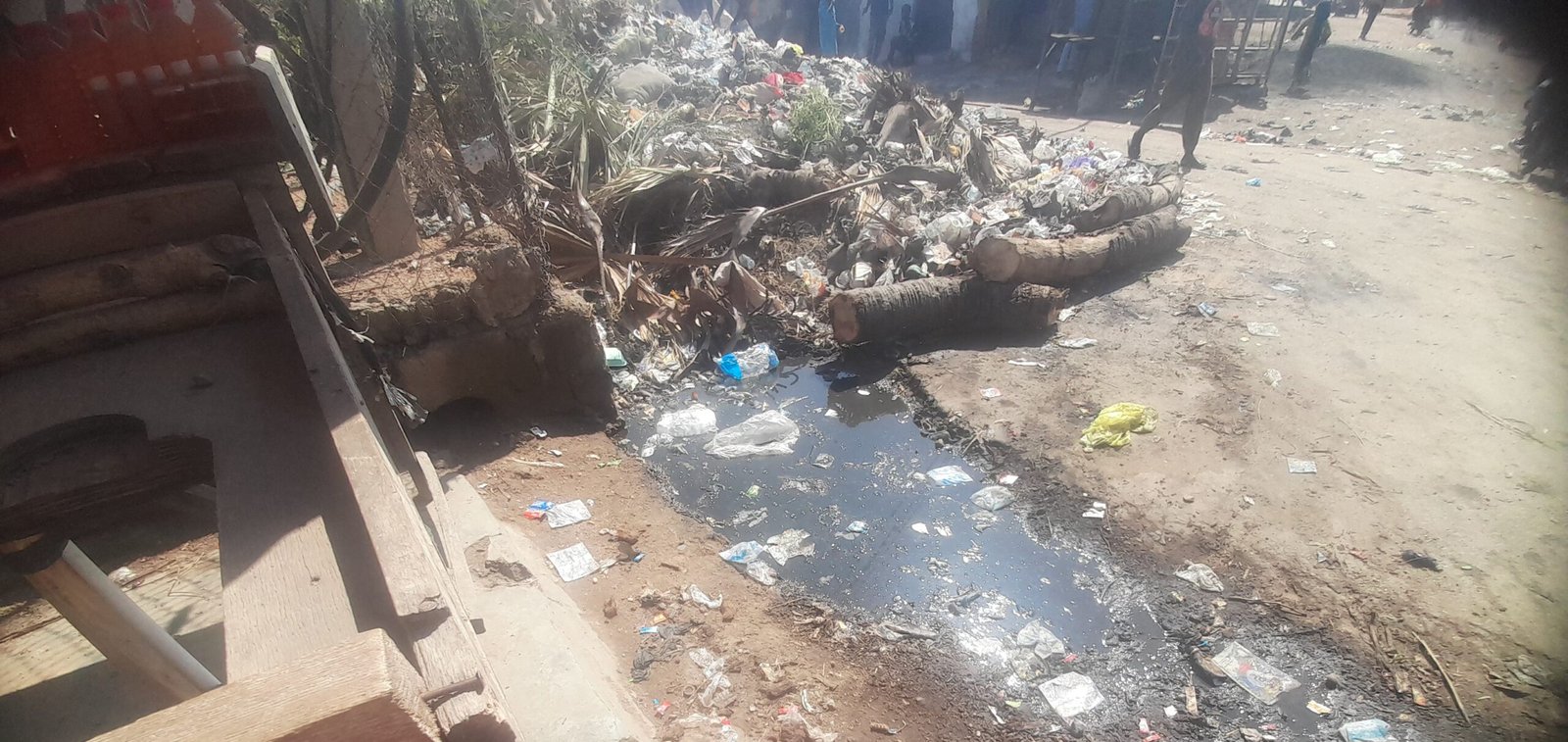By Juliet Jacob
The redesign high valued naira Notes, which sparked a cash crisis, has caused some avoidable errors in Africa’s biggest economy, BusinessDay’s findings showed.
Commercial banks have started disbursing the old naira notes to customers at their various automated teller machines (ATMs) and over the counter, in compliance with the latest directive of the Central Bank of Nigeria (CBN) on the naira redesign policy after the Supreme Court’s ruling.
Here are five avoidable casualties of CBN’s painful naira redesign.
Avoidable deaths
BusinessDay’s findings showed that the current naira scarcity, occasioned by the currency swap policy of the CBN, has taken a toll on healthcare services across the country.
James Auta, a resident of Kasuwar Magani in Kajuru Local Government Area of Kaduna State, lost his pregnant wife due to failure to access cash in his bank and via Point of Sale (PoS) channels.
“I ran to my bank to withdraw money but was told no money. I went back looking for PoS operators, but I could not find any because, since the issue of new currency began, most PoS operators locked up their business centres,” Auta told the News Agency of Nigeria.
On March 12, 2023, a 71-year-old broadcast journalist in Oyo State, popularly known as Baba Binti, was reported to have lost his life due to the scarcity of cash.
According to media reports, the journalist was said to have slumped and died while trekking to work due to the lack of cash to board a vehicle.
On February 22, a few days before the presidential and National Assembly elections, a member of staff of the Lagos State University, Ademola Adesola, was reported to have slumped and died while waiting in a queue at a Wema Bank branch in Ojo, Lagos.
It was reported that the deceased left the office around 11.30am for the bank, to withdraw money from his account but slumped some minutes later while waiting.
Economy bleeds N20tn
A report by the Centre for the Promotion of Private Enterprise (CPPE) has said Nigeria lost N20 trillion to the naira redesign policy of the CBN.
According to the report signed by Muda Yusuf, the CPPE’s director-general, the losses emanated from the deceleration of economic activities, crippling of trading activities, stifling of the informal economy, contraction of the agricultural sector and the paralysis of rural economy.
The report said the economy was gradually grinding to a halt because of the collapse of payment systems across all platforms, noting that digital platforms were performing sub-optimally due to congestion.
“Physical cash is unavailable because the CBN has sucked away over 70 percent of cash in the economy; and the expected relief from the supreme court judgement has not materialised. The citizens are consequently left in a quandary,” the organisation said.
Oyeyemi Kale, former statistician-general of the federation, has predicted that Nigeria’s gross domestic product (GDP) would contract in the first quarter of 2023, due to the naira redesign policy.
The economist, who served as the CEO of National Bureau of Statistics from 2011 to 2021, said this would affect Nigeria’s total GDP, which stood at N198 trillion in 2022, as most sectors are cash-based.
“I am estimating a reduction in Q1 2023 nominal GDP by between N10-15 trillion due to challenges sourcing cash in Q1 2023,” Kale tweeted.
Loss of properties
BusinessDay’s findings showed that some protesters suspected to be hoodlums were reported to have attacked three commercial banks in Ogun State during a protest against the CBN’s naira redesign programme on February 20.
The police spokesperson in the state, Abimbola Oyeyemi, who confirmed the development in a live programme with Channels Television, said Union Bank, First Bank and Keystone Bank branches were attacked by protesters.
We are in Sagamu now. The place is seriously burning,” Oyeyemi said on February 20. “They attacked Union Bank and First Bank as well as Keystone Bank. We are there right now.”


